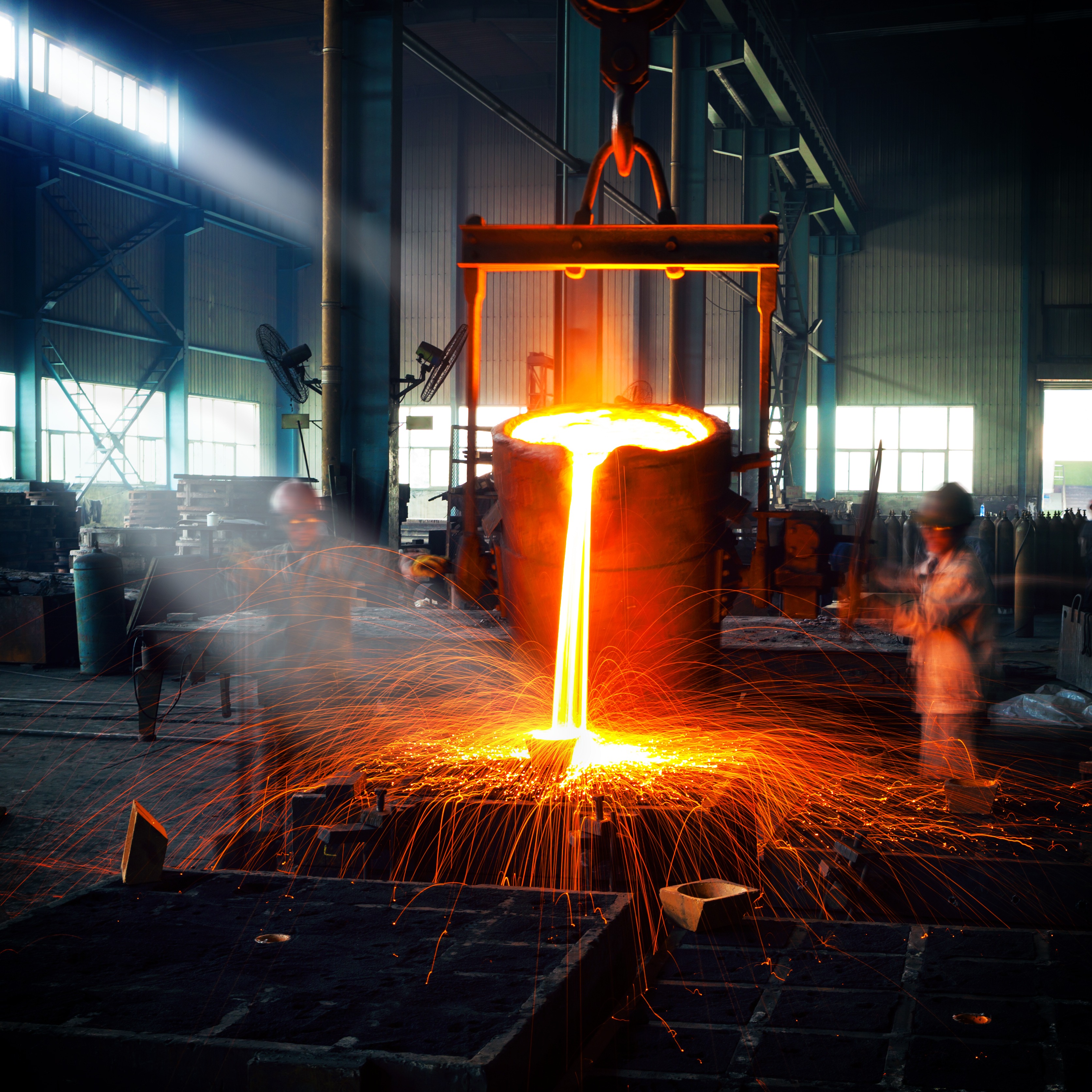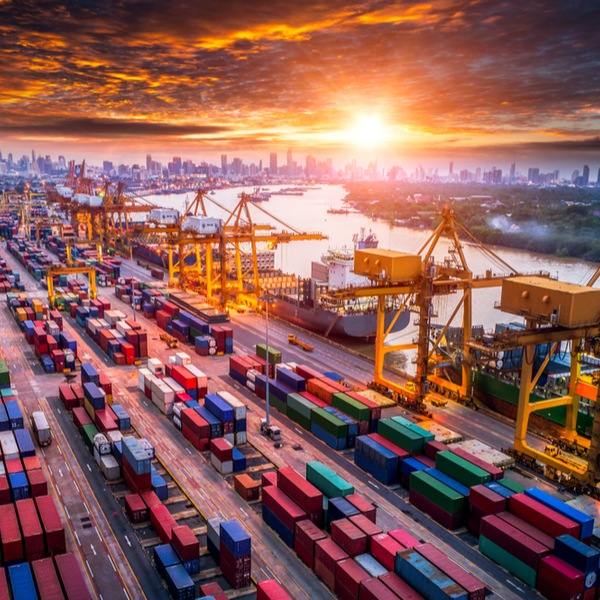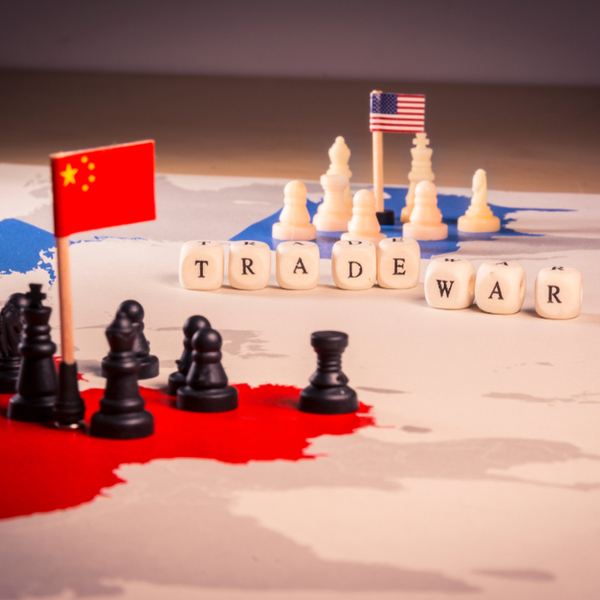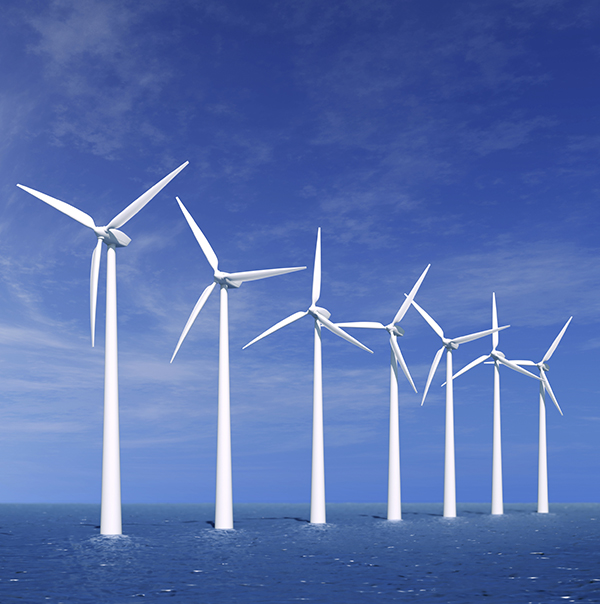Trade has been a key driver in the growth in prosperity over the last few decades. By opening markets up to new suppliers and forcing firms to innovate in order to remain competitive, it leads to improvements in the quality, cost and range of goods and services on offer.
But the nature and context for trade has changed. Spurred on by technological innovation, modern supply chains are international and highly fragmented, and services can be more readily traded. Not everyone has benefited from the shift in traditional trade patterns. The rationale for free trade is being challenged.
Navigating this complexity is challenging but we have a long track record of analyzing how sectors perform and interact. We analyze trade, competitiveness and sector performance and make sense of the complexity to allow you to make, or influence, better decisions.
Some challenging questions we can help you answer:
- Which industry sectors are most at risk from a change in the trading relationship between two regions. How would this affect a given sector and the wider economy in each?
- Was financial support for R&D activities in firms successful in boosting innovation and firm performance?
- How does the structure of an industry explain its performance and what is the outlook for its future prospects? How does this compare to the same industry in other countries?.
Sectors, Trade & Competitiveness blog posts
Carbon-neutral steel production: is it a possibility?

Carbon-neutral steel production: is it a possibility?
Quite literally, steel is the backbone of a modern society. Unfortunately, the production of steel contributes significantly to human-made climate change.
It is very unlikely society will cease to demand steel, so it is important to figure out how the iron and steel industry c…
Trade modelling, supply and demand… and Brexit

Trade modelling, supply and demand… and Brexit
In a previous blog post I wrote about how the positive impacts of trade may be exaggerated by standard models – and how the economic impacts of trade may not always be positive.
I noted that simulations with Cambridge Econometrics’ post-Keynesian E3ME model would not necessar…
Why economists need to take a new look at the role of international trade in the modern economy

Why economists need to take a new look at the role of international trade in the modern economy
Outdated theories, unrealistic assumptions… our understanding of international trade is skewed.
This latest blog by Hector Pollitt suggests that the ‘more is better’ assumption is too simplistic. In fact, he argues, the benefits of international trade are overplayed and it’s ti…
Offshore wind: the distinction between strike price and subsidy matters

Offshore wind: the distinction between strike price and subsidy matters
On 11 September 2017 the UK government announced that two developers would commit to delivering 2.4GW of offshore wind capacity for a strike price of £57.50 per MWh generated from 2022/23, taking the industry by surprise. Comparisons to the £92.50 MWh required by the planned H…